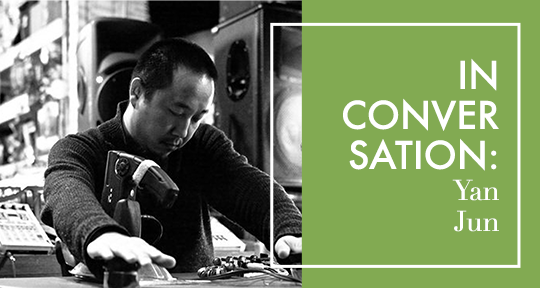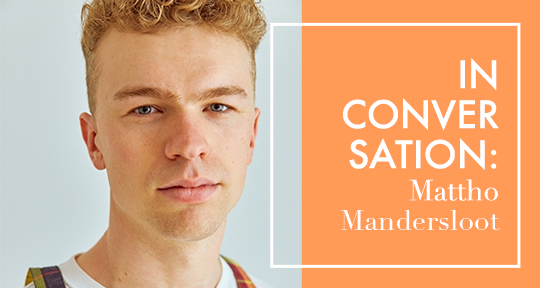Yan Jun is a poet, experimental musician, impresario, critic—and, notably, a creative driving force in Beijing’s experimental music scene since the early 2000s. In his illustrious career, he has published not only his own poetry and music, but also the work of colleagues who might not easily be seen elsewhere. A local fixture with global presence, he’s been featured journals of both literary and sound culture, played in venues from Beijing to Berlin, and has collaborated with many international musicians. His work stands out for spanning genres and straddling media, and his perspective is important not only as an artist, but also as someone negotiating different traditions.
I first came to know of Yan Jun through his Sub Jam label, and subsequently through his Waterland Kwanyin experimental music night, which featured different musicians every week for improvised performances. Much later, I had the pleasure of co-translating (with Haiying Weng) his 2018 sequence of irreverent poetry, 100 Poems of 10,000 Elephants, and then his new book of prose, Berlin Reflections, a collection of reminiscences and reflections on aesthetics and the function of art. In this following interview, I spoke with him on his various writerly and musical projects, which span intimate experiences of ritualized sound-making to large-scale installations of ambient imagination.
Matt Turner (MT): To begin, can you say a little bit about your poetry, as well as the relationship of your music to poetry?
Yan Jun (YJ): I started writing poetry when I was thirteen years old, when around half of my classmates were also writing it—it was a bit of a trend in school for a while. Back then, I thought I would be a poet, but I just spent many years pursuing the phantom of being a poet, complete with romantic cliches like being drunk on stage, having a chaotic personal life, that kind of thing.
When I began making music around 2003, the way I wrote changed, and I slowly adopted a rather quiet and reflective style. Of course, my music had already been already going that way; eventually, I no longer wanted to scream out in public as either a musician or poet. After some turns musically, I arrived on a new stage—where I no longer concerned myself with reputation, but instead allowed myself to make stupid, or even failed music.
At the time I didn’t know what that meant, but I felt I could be a stupid musician making my own sounds and performing my own way. The poems then, also changed—from feigning a quiet Buddhism to writing from my tiny and odd mind. I’ve been away from the poetry scene long enough that I write only for myself now. It’s really wonderful to give up on being a good poet or a good musician. Of course, I’d still say that my poems deal with my past, and its phantoms. READ MORE…


